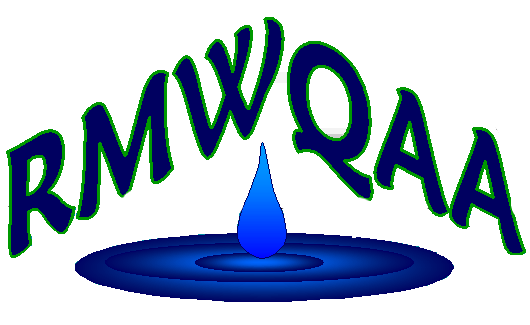November 15, 2016
The Importance of In-Line Instrumentation
Approximately six years ago Metro Wastewater Reclamation District determined that it was imperative that we had a dedicated group of individuals to manage all of the in-line instruments that were engineered into several of our plant upgrade projects, especially in the secondary treatment portion of the plant. A majority of the instrumentation is used for determining the effectiveness of biological nutrient removal, including nitrification/denitrification, and phosphorous uptake. The reliability and accuracy of in-line instruments, at that time, had risen to a point that they provided our Treatment staff a comfort level in making real time process control decisions based on the information received from the instruments.
In-Line instruments were more traditionally only used for dissolved oxygen, pH, and total suspended solids. Now we are seeing tremendous success measuring parameters such as ammonia, nitrite, nitrate/nitrite, orthophosphate, and chlorine, with some instruments able to measure multiple parameters in sequence. We have also had some success with in-line instruments that measure total organic carbon reliably. The ammonia instruments are also tied into a control logics system for aeration to improve nitrification/denitrification efficiencies, while reducing the costs of aeration.
Although most In-Line instruments tend to be less costly than their bench top, more robust, counter parts, an in-line budget is not for the “faint of heart” when you include the original price of the instrument, replacement parts, and a dedicated staff to maintain them. Our In-Line group is “housed” in the Analytical Services Division based on our expertise with analytical instrumentation, but is supported by many other divisions at the facility, as all instruments are tied into our control systems. The In-Line Instrumentation Support group has grown to five Specialists covering our North, South, and Northern Treatment plants.
Kevin Feeley, B.S. Biology, M.B.A, is the Chief of Analytical Services and has been employed with Metro Wastewater Reclamation District for 27 years. Mr. Feeley is the former Chair of the RMWEA Lab Practices Committee, a RMWQAA board participant, and on the Red Rocks Water Quality Program Advisory Board. Outside of the water and wastewater world, Kevin holds a 2nd degree black belt in Tae Kwon Do, and is the owner of 25,000+ Hot Wheels cars.
 Welcome to the
RMWQAA Website!
Welcome to the
RMWQAA Website!  Welcome to the
RMWQAA Website!
Welcome to the
RMWQAA Website!